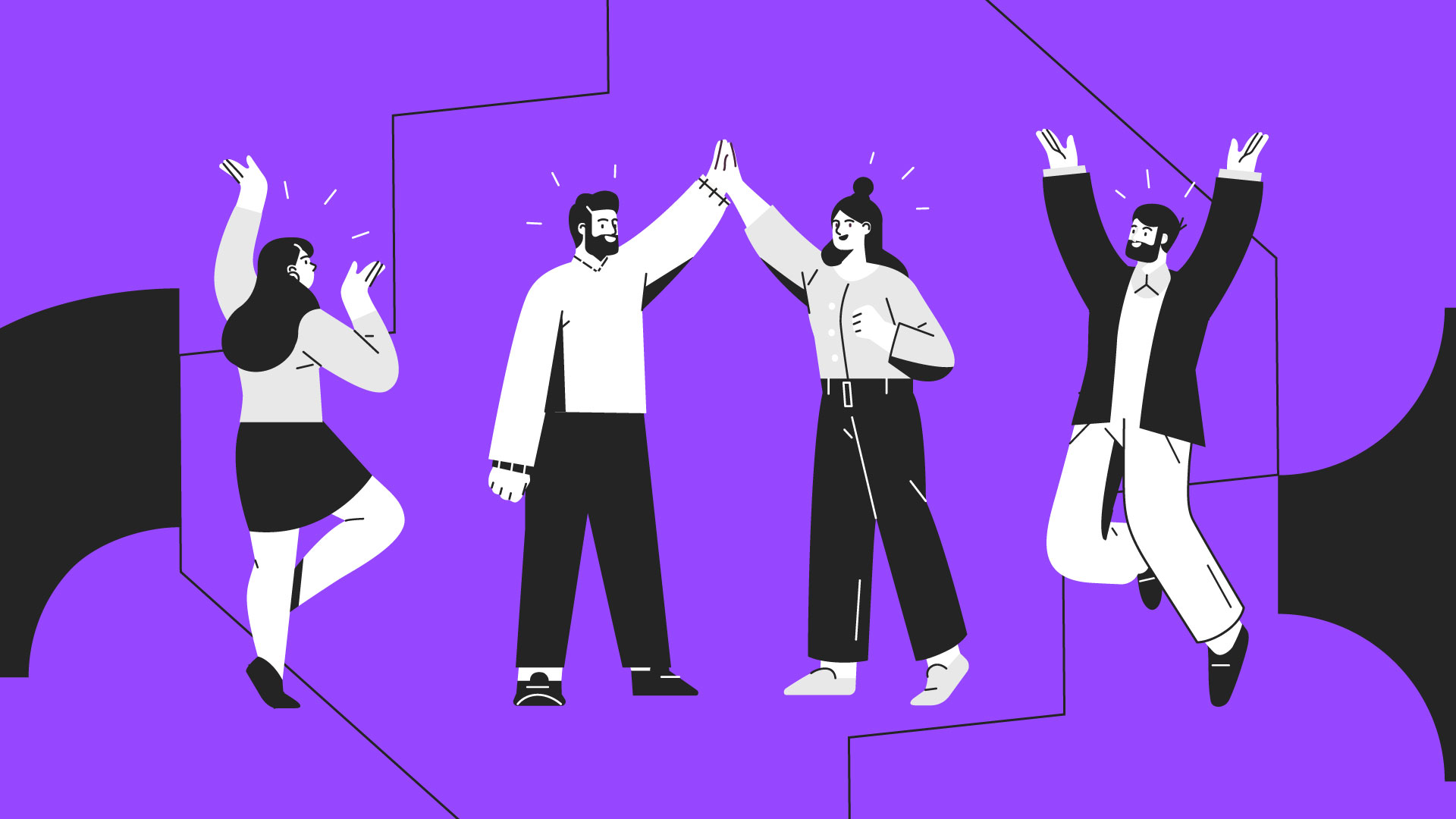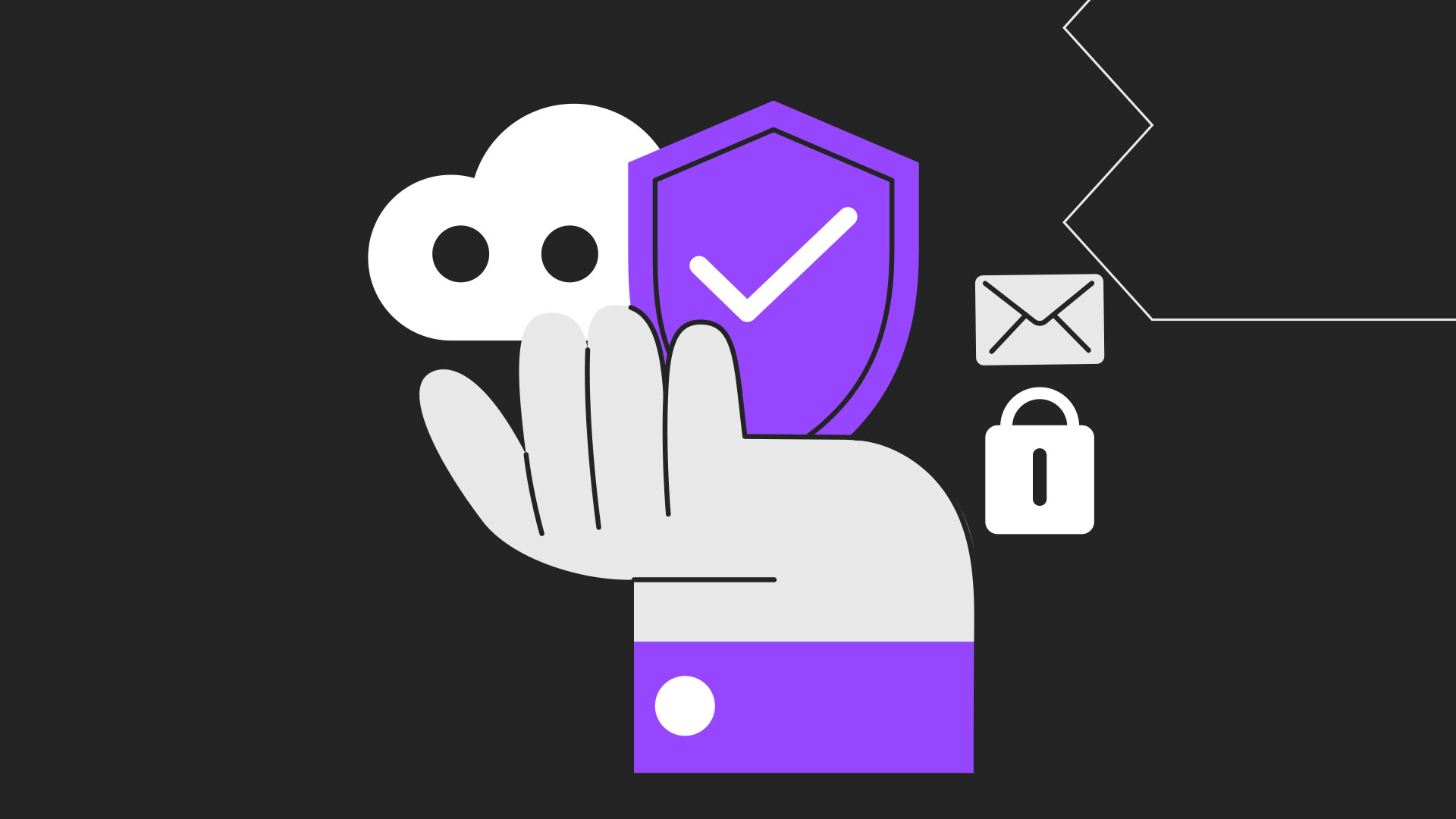When it comes to individual and family health insurance in the UAE, Bayzat users buy medical coverage for an average of two family members and spend AED 8,485 for the whole policy. This translates to AED 4,714 per individual per year spent on medical insurance!
This is a high amount for most residents of the UAE, especially given the fact that most insurance companies require up-front payment for the entire year. With the Dubai Health Insurance Law in the final phase of its rollout, many people will have to buy a policy by June 2016.
With rising healthcare costs and demand, premiums are expected to continue increasing over the next decade. At the end of 2014, only 30% of residents in Dubai had medical cover; because of the new law, the health insurance landscape will change radically over the coming year.
Nevertheless, as per a global consumer insurance survey done in 2012 by Ernst and Young, only 30% of the younger population (30-40 year olds) and merely 45% of the older population in the UAE believe in protecting their health.
So why are people not getting insured?
Premiums are too high
Rising premiums are primarily linked to healthcare costs. Thus as healthcare costs increase so do premiums. Expanding coverage to new populations, broader benefit requirements, and the cost of health care services also factor into rising health insurance premiums. The premiums are somewhat offset by the various choices offered by a growing number of insurance companies and the essential benefits package offered by the DHA and HAAD. For example, employers can purchase a basic policy for AED 650 for employees making less than AED 4,000. Some health insurance companies provide enhanced plans with adequate benefits for as low as AED 1,500 per policyholder.
If you are insured, you are charged more
A common refrain is that uninsured patients are charged less for hospitalization as compared to the insured. Hospitals do have uniform rates for both the uninsured and the insured, but studies show that hospitals have a tendency to charge the “insured” more because the money is coming out of the insurance company’s pocket. So, yes, there could be unnecessary procedures carried out to inflate the bill. This can be avoided by pre authorizing claims wherever possible and carefully considering procedures or treatments that are not really required. Patients or their families need to be proactive with the insurance company and keep the insurer informed at all times.
I’m young and healthy – I don’t need health insurance
When one is young and healthy, good wellbeing is something we take for granted; but anything can happen at the most inopportune times in the form of accidents or diseases, which can obviously burn a huge hole in your pocket.
Even if one has put aside an amount for meeting routine medical expenses, during a serious medical condition, such as an accident or a major surgery, your contingency funds may fall significantly short.
Why health insurance is so important?
According to a survey by The National, after rent and tuition, medical expenses are the next most common worry for residents in the UAE. Globally, as the population ages and lifestyle diseases such as diabetes and cardiovascular disease become more common, coping with rising medical costs is a common concern across the world.
According to a study conducted in 2013, more than 66% of men and 60% of women in the UAE are obese or overweight; this translates to more instances of diabetes, cancer, and cardiovascular disease.
Over 40% of Emirati adults have high blood pressure. A study published by the Dubai Health Authority (DHA) reveals that almost 41% of Emiratis between the ages of 35 and 70 suffer from hypertension. Even more sobering news is the average age of first-time heart attack patients. Whereas the global average is 65 years, the average age for patients in Rashid Hospital, Dubai was 45 years (as reported by The National in January 2013).
According to a World Health Organization report in 2012, non-infectious or non-transmissible diseases are responsible for up to 50% of deaths in the Gulf and around fifty percent of these patients die before the age of 60. That is why the UAE government is focusing on universal health insurance for residents of the country.
Surprisingly, what drives most policyholders to purchase health insurance, according to a McKinsey survey, is peace of mind. And that is the most important point to consider, setting money aside, an unexpected condition can affect you, or a loved one’s health, at any time. That is when having medical insurance will be priceless.
So don’t wait until it is too late, comparing and buying health insurance is a small price to pay for having peace of mind.
Related articles:
Understanding and Preventing Health Insurance Fraud
What to Look for When You Compare Health Insurance in the UAE








Get Social